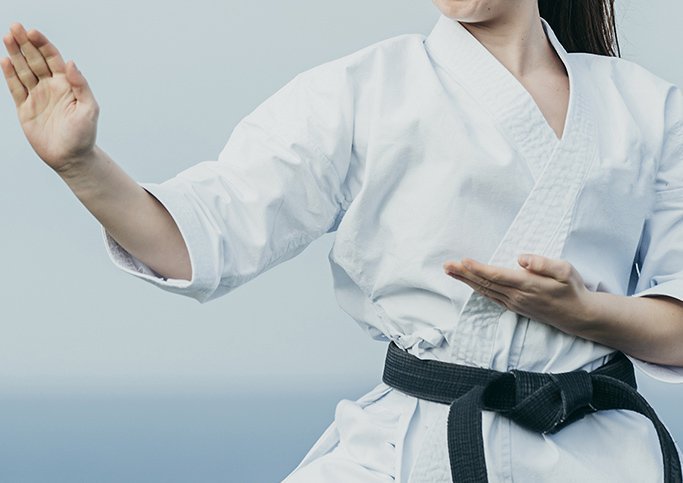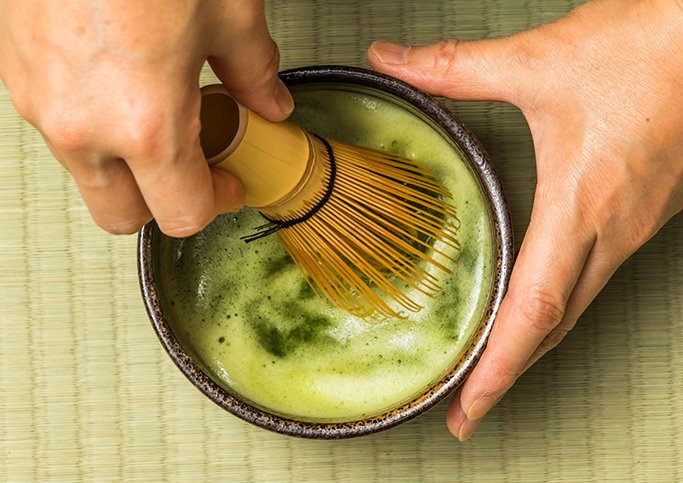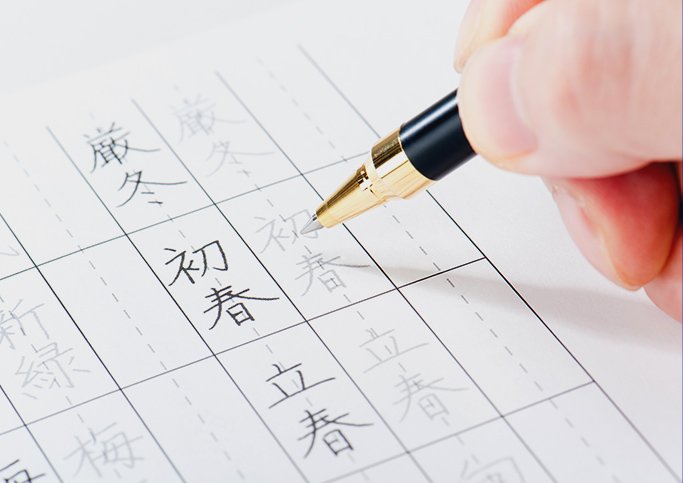
talk
shaberu/ossharu/mōshiageru… How to say “talk” in Japanese
6/14/2021
What kind of paraphrase expressions are there for the word “話す” (hanasu) in Japanese? In Japanese, it is necessary to use different words depending on whether you are talking to a close friend or family member, or to a superior. It is nice to use expressions that are appropriate for the person you are talking to and where you are talking.
1. 言う(iu)
The word “言う” (iu) is a paraphrase of “話す” (hanasu) that is easy to use in any situation. “話す” (hanasu) is often used when you want to talk about “long, organized content,” but “言う” (iu) is used when you want to talk about “slightly shorter content” compared to “話す” (hanasu). In addition, “話す” (hanasu) is often used when “two or more people exchange words,” while “言う” (iu) is an expression that has a strong meaning of “to convey words unilaterally.”
Example
あなたは私に愛していると言った。
Anata wa watashi ni aishite iru to itta.
You said to me that you loved me.
Example
彼女はよく独り言を言う。
Kanojo wa yoku hitorigoto wo iu.
She often talks to herself.
2. しゃべる(shaberu)
“しゃべる” (shaberu) is a casual expression for “話す” (hanasu). It is used in daily conversation with friends, family and people who are very close to you. Compared to “話す” (hanasu), “しゃべる” (shaberu) is characterized by its use in situations where there is more time or volume to talk. It's a casual expression, so it is unlikely to be used when you're talking seriously at work or towards your boss.
Example
今日、私は母と電話で3時間しゃべった。
Kyō, watashi wa haha to denwa de 3-jikan shabetta.
Today I talked to my mother on the phone for 3 hours.
Example
彼女はずっとしゃべっている。
Kanojo wa zutto shabette iru.
She is talking all the time.
Example
あの人はまだしゃべっている。
Ano hito wa mada shabette iru.
That person is still talking.
The word “しゃべる” (shaberu) can also have negative connotations, such as “talking about unnecessary things” or “talking too long to bother others.” Remember this when you use it.
3. おっしゃる(ossharu)
The word “おっしゃる” (ossharu) is respectful language of the Japanese word “言う” (iu). The respectful language is a special form used for older people and superiors, and it is used to show respect to the other person. Use “おっしゃる” (ossharu) for people who are above you in age or position, such as teachers and seniors at school, and bosses and presidents at work.
Example
社長がおっしゃることは素晴らしいと思います。
Shachō ga ossharu koto wa subarashī to omoimasu.
I think it's wonderful that the president says.
Example
先生がおっしゃることはいつも正しい。
Sensei ga ossharu koto wa itsumo tadashī.
What the teacher says is always correct.
Example
お客様のおっしゃる通りでございます。大変申し訳ございません。
Okyakusama no ossharu tōri de gozaimasu. Taihen mōshiwakegozaimasen.
You are right. I am very sorry.
Example
部長のおっしゃる通りです。
Buchō no ossharu tōri desu.
That's exactly what the director said.
“おっしゃる” (ossharu) is also often used in the form of “おっしゃる通り” (ossharu tōri). In particular, it is one of the expressions used in conversations with customers and in response to complaints in the business scene. If you remember this, you can express more.
[日本のことが気になる?一緒に日本語を学びませんか?]
4. 発言する(hatsugen suru)
“発言する” (hatsugen suru) is an expression often used to express opinions, ideas, and policies in front of many people. It is used in schools during debates, in business during meetings, and in politics during parliamentary meetings. It is also characterized by its strong sense of “appealing” rather than saying what you want to say.
Example
私は今日の会議で最初に発言した。
Watashi wa kyō no kaigi de saisho ni hatsugen shita.
I made the first statement at today's meeting.
Example
知事が議会で発言した。
Chiji ga gikai de hatsugen shita.
The governor spoke in parliament.
5. 申し上げる(mōshiageru)
The word “申し上げる” (mōshiageru) is humble language of the word “言う” (iu). The humble language is one of honorifics that shows respect for others by humbling yourself. When you use the humble language like “申し上げる” (mōshiageru), you should make yourself the subject. It is used in a variety of situations such as business conversations, emails, and letters.
Various expressions can be rephrased using humble language. For example, “ありがとうございます” (arigatōgozaimasu) can be rephrased as “感謝申し上げます” (kansha mōshiagemasu) to give the other person a polite impression. Saying “お詫び申し上げます” (owabi mōshiagemasu) instead of “ごめんなさい” (gomen'nasai) will show the other person that you are sincerely sorry.
Example
私の意見を申し上げます。
Watashi no iken wo mōshiagemasu.
I would like to give my opinion.
Example
皆様にご心配をおかけしましたことを心からお詫び申し上げます。
Minasama ni go shinpai wo okake shimashita koto wo kokorokara owabi mōshiagemasu.
We sincerely apologize for causing concern to all of you.
Example
皆様のご支援心より感謝申し上げます。
Minasama no go shien kokoroyori kansha mōshiagemasu.
We would like to thank all of you for your support.
“申す” (mōsu) is an expression similar to “申し上げる” (mōshiageru), which is also often used in business situations. In particular, it is often used when you give your name to someone you meet for the first time.
Example
はじめまして。A社の山田と申します。
Hajimemashite. A-sha no Yamada to mōshimasu.
Nice to meet you. My name is Yamada from Company A.
6. 語る(kataru)
“語る” (kataru) is a word often used to describe special feelings or past events in order. It is often used in daily conversation to talk about memories or fascinating events. It is also used by politicians and athletes to express their strong feelings and emotions in TV interviews and talks.
Example
祖母は子どもの頃の懐かしい思い出を語った。
Sobo wa kodomo no koro no natsukashī omoide wo katatta.
My grandmother shared her nostalgic memories of her childhood.
Example
彼は日本料理の魅力を熱く語った。
Kare wa nihonryōri no miryoku wo atsuku katatta.
He enthusiastically talked about the charm of Japanese cuisine.
Example
彼女はオリンピックの代表選手に選ばれた。喜びをインタビューで語った。
Kanojo wa orinpikku no daihyō senshu ni erabareta. Yorokobi wo intabyū de katatta.
She was selected to represent the Olympics. She talked about her joy in an interview.
In Japanese, there are many paraphrases of the word “話す” (hanasu). In fact, there are many other words like “話す” (hanasu) that can be paraphrased in many different ways. Why don't you study Japanese more and learn to speak various expressions in Japanese?
If you want to study Japanese right away, why don't you sign up for a free membership to Human Academy Japanese Language School Plus. You can experience practical Japanese lessons by experienced teachers for free.
CATEGORIES
FEATURED TAGS
RECOMMENDATION
-
 報BUSINESS TERMS
報BUSINESS TERMSWhat is ”Ho-Ren-So”, one of the basic manners when working in Japan?
10/30/2020
-
 伝WORDS & GRAMMAR
伝WORDS & GRAMMARWhat is easy Japanese?
10/30/2020
-
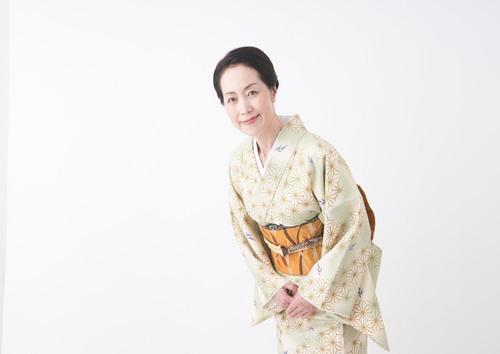 礼MANNERS
礼MANNERSJapanese greeting customs and origins. What are the greetings from other countries?
10/30/2020
-
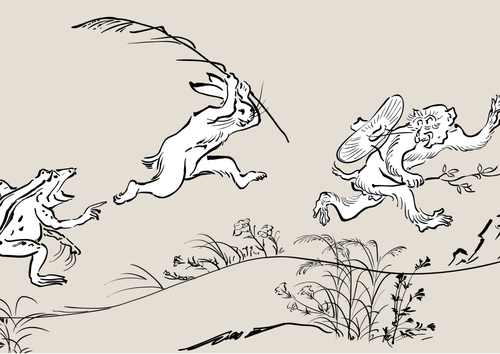 戯COMIC & GAME
戯COMIC & GAMEThe roots of animation and manga? Introducing bird and beast caricatures
10/30/2020
-
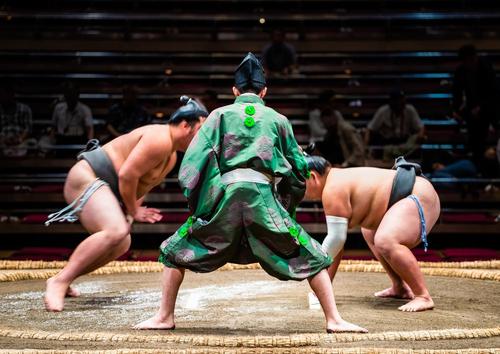 戦SPORTS
戦SPORTSThe history of sumo goes back to the mythical world! ?? Transition from myth to modern times
10/30/2020
LET’S PLAY
KARUTA!
Do you know the meaning of this...
NEXT...
FURTHER EXPLORATION
INTERESTED
IN JAPAN?
WHY DON’T YOU
LEARN JAPANESE WITH US?
START LEARNING
JAPANESE
WITH HUMAN ACADEMY!
ONE OF
THE MOST POPULAR
JAPANESE
LANGUAGE SCHOOLS
JAPANESE
LANGUAGE SCHOOL
OFFERING EXCELLENT
DETAILED LESSONS

ONLINE SCHOOL
- Learn with your classmates from all over the world
- Variety of Courses for All Needs
- FREE Trial Lesson available

TOKYO, OSAKA
- Offer the Best Curriculum for You
- Make New Japanese Learning Friends
- Many Opportunities to Practice Japanese
MAKE FURTHER
STEPS
WITH HUMAN ACADEMY!
ONE OF
THE MOST POPULAR
JAPANESE
LANGUAGE SCHOOLS
JAPANESE
LANGUAGE SCHOOL
PRODUCING MANY
JLPT N1 CERTIFIED
STUDENTS!

ONLINE SCHOOL
- Learn with your classmates from all over the world
- Variety of Courses for All Needs
- FREE Trial Lesson available

TOKYO, OSAKA
- Support Your Higher Goal of Japanese Learning
- Perfect Environment for Japanese Learners
- Learn with Your New Japanese Study Mates




